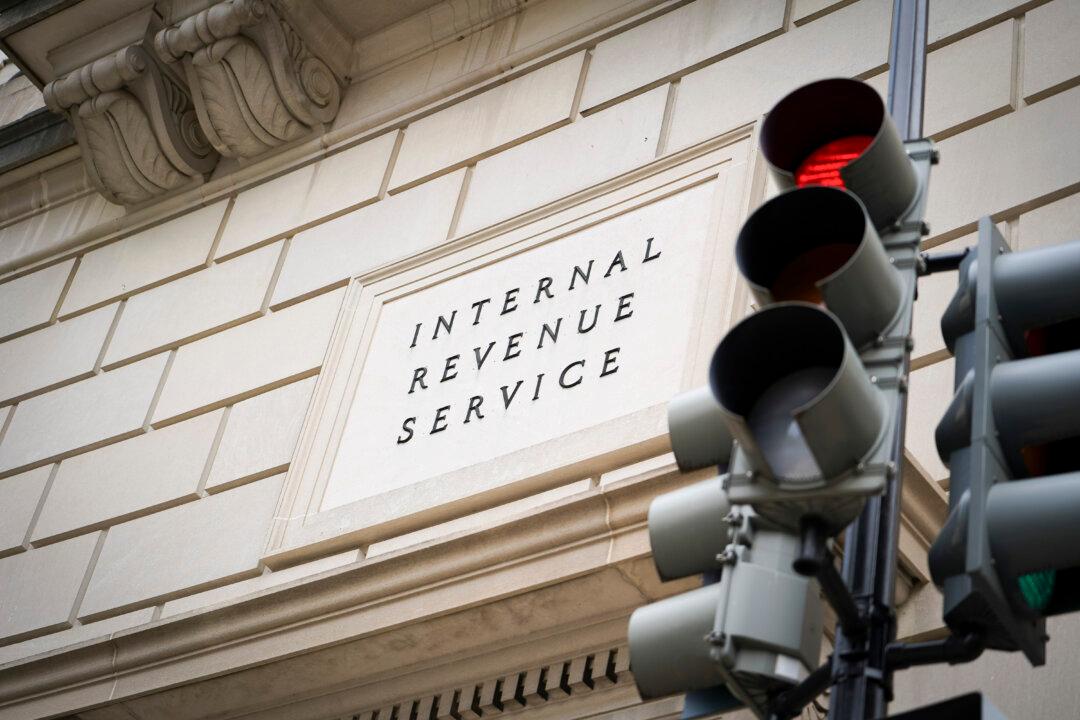The Internal Revenue Service (IRS) has expanded testing of its new free online tax filing system to three states that have income taxes.
In May, the IRS announced plans to carry out a limited test pilot in 2024 for what is shaping up to be a free IRS-run electronic tax filing system, commonly known as “Direct File.”
In January, the IRS said that the pilot phase of the Direct File program would initially start with a small group of government employees and then eventually be expanded to a total of 12 states—Arizona, California, Florida, Massachusetts, Nevada, New Hampshire, New York, South Dakota, Tennessee, Texas, Washington, and Wyoming.However, as the first step in the testing phase by members of the general public, the IRS said on Feb. 8 that it started testing the program with a group of around 1,200 taxpayers in a handful of non-income tax states (from the list of 12 participating in the pilot).





